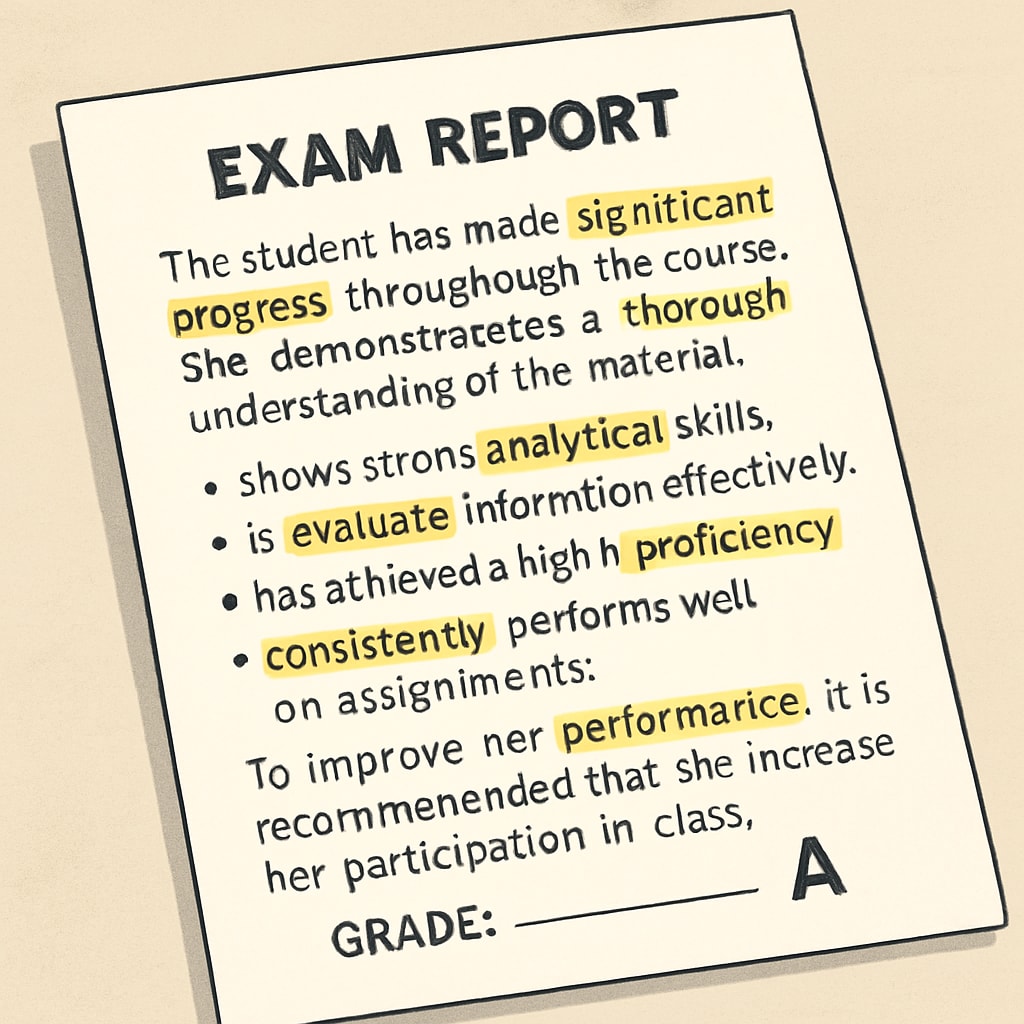Mastering report writing, exam scoring, and academic writing skills is crucial for 10th-grade students aiming to improve their performance. Many struggle to move beyond the 3.5 score range, not due to lack of knowledge, but because of structural and presentation issues in their reports. This guide provides actionable strategies to transform your writing approach.
The Foundation: Structuring Your Report Effectively
A well-organized report makes immediate impact on exam scoring. Follow this proven structure:
- Clear introduction: State your thesis within the first 3 sentences
- Logical body paragraphs: Each should cover one main idea with supporting evidence
- Strong conclusion: Summarize key points without introducing new information
According to UNC Writing Center, this basic structure accounts for 40% of grading criteria in most academic writing assessments.

Developing Persuasive Arguments
Moving beyond basic explanations requires sophisticated argument techniques:
- Use the PEEL method (Point, Evidence, Explanation, Link)
- Incorporate multiple types of evidence (statistics, expert quotes, case studies)
- Address counterarguments to demonstrate critical thinking
The Purdue OWL emphasizes that argument development significantly impacts higher-level scoring in academic writing.
Polishing Language for Maximum Impact
Language quality separates average reports from exceptional ones:
- Replace vague terms with precise academic vocabulary
- Vary sentence structure for better readability
- Eliminate informal expressions and contractions
Remember that examiners evaluate language use as part of the academic writing skills assessment.

Common Pitfalls to Avoid
Many students unknowingly sabotage their own reports:
- Overusing passive voice (limit to <10% of sentences)
- Including irrelevant information that doesn’t support the thesis
- Failing to properly cite sources when required
These mistakes often explain why capable students remain stuck at the 3.5 level in exam scoring.
Implementation tip: Practice these techniques gradually. Start by mastering structure, then work on argument development, and finally polish your language. Track your progress with each practice report to see measurable improvement in your academic writing skills.


